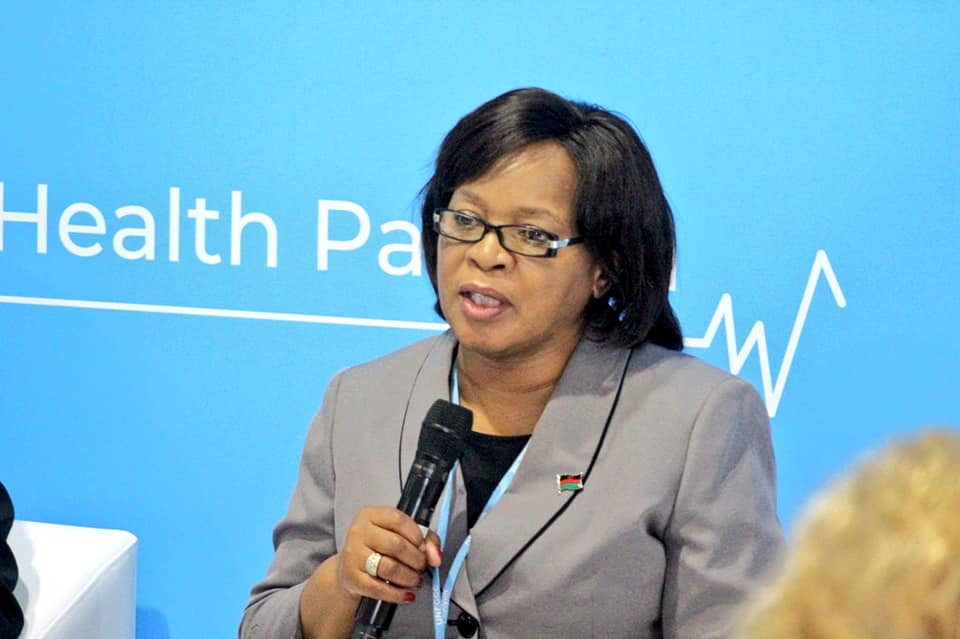Population key in climate talks—Tembo
Malawi has asked countries that signed the United Nations (UN) climate change treaty to put population issues at the centre of the annual negotiations underway in Glasgow, Scotland.
Minister of Forestry and Natural Resources Nancy Tembo said yesterday in Glasgow, Scotland that the race to reduce carbon emissions fuelling global warming will fail if countries keep excluding population issues from the UN climate change conference.

During a side event convened by the African Institute for Development Policy (Afidep) at the crunch climate talks ending tomorrow, she isolated rapid population growth as a major cause of environmental degradation and vulnerability to climate-related disasters in the least developed countries such as Malawi.
The 2018 Population and Housing Census shows that Malawi’s population has surged by about four percent from 13.1 million in 2008 to 18.5 million in 2018.
This has catalysed fierce scrambles for farmland, settlements, water and fuelwood, which has left Malawi with one of Africa’s fastest loss of forests.
But the vanishing green cover refreshes the air everyone breathes, cool the planet, conserve soil moisture and curb soil erosion.
Tembo said: “As the planet is getting warmer and more populated, the country needs massive restoration. I hope the next Conference of Parties [to the UN Framework Convention on Climate Change] will put population issues at the centre of its agenda because we cannot talk about climate change and its impacts without discussing rapid population.”
The 27th Conference of Parties (CoP27) to the UN Framework Convention on Climate Change is set for Cairo, Egypt next year.
Meanwhile, the link between population and climate remains muted at the global negotiations in Glasgow where Malawi is petitioning wealthy nations to increase funding as their massive emissions of greenhouse gasses subject least developed countries to the worst loss and damage caused by climate change.
As climate-related disasters become more frequent and devastating, rapid population growth, from just about four million after independence in 1964, is silently pushing the poor into disaster zones where Cyclone Idai hit about 900 000 people and displaced 90 000 in 2019.
Climate change expert Paul Desanker, from the UN Framework Convention on Climate Change headquarters, said the onus is on concerned countries to push for the inclusion of population issues in the next summit.
“This is a diplomatic process; if countries push for the item, it will appear on the CoP27 agenda,” he said.
This year, the CoP26 hosts have pushed climate justice-a call for big emitters to increase their financial contributions in aid of low-emitters bearing the brunt of climate change in the least developed countries-to the fore of the climate conference in Glasgow.
On Monday, Scottish First Minister Nicola Sturgeon said: “Leaders from the global north must hear the voices of people most affected by climate change around the world.”
Tembo said Malawi is already working on projects to entrench sexual and reproductive health, including family planning, into environmental issues.





